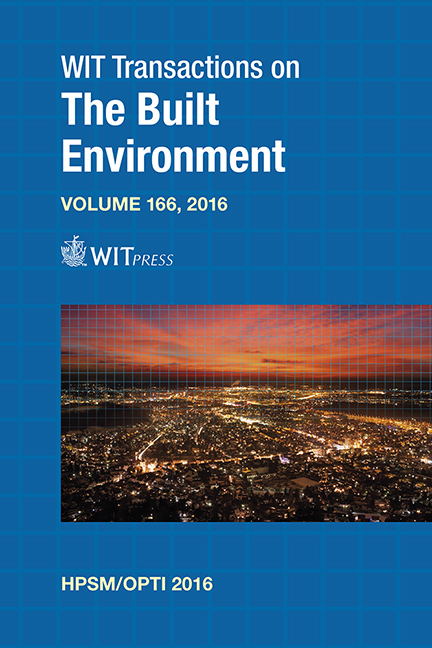Effect Of Friction On Material Behaviour In Non-equal Channel Multi Angular Extrusion (NECMAE)
Price
Free (open access)
Transaction
Volume
166
Pages
11
Page Range
103 - 113
Published
2017
Size
955 kb
Paper DOI
10.2495/HPSM160101
Copyright
WIT Press
Author(s)
M. S. El-Asfoury, M. N. A. Nasr, A. Abdel-Moneim
Abstract
The current work investigates the effect of friction on material mechanical behaviour during a new severe plastic deformation (SPD) process, named: “nonequal channel multi angular extrusion (NECMAE)”. This is done with the aid of finite element modelling, where a two-dimensional thermo-mechanical plane strain model was built using the commercial software ABAQUS/Explicit. NECMAE was developed by the current authors in order to improve the degree of homogeneity and impose higher strains into the workpiece. The NECMAE die has three channels; the first two represent a standard ECAP process, while the third one experiences a reduction in cross-sectional area. Different percentages of area reduction (10%, 30% and 50%) were examined. The simple Coulomb friction model was used, where different values were assigned to the friction coefficient (0, 0.1 and 0.2). The workpiece material is pure aluminium. The model was validated by comparing the predicted average strain values to available data in the literature. The coefficient of friction was found to affect the corner gap size, as friction tends to increase the sticking possibility of the workpiece to the die. Also, cases with higher coefficient of friction were found to have higher and more uniform plastic deformation.
Keywords
non-equal channel angular extrusion (NECAE), multi-pass, severe plastic deformation (SPD), back pressure, finite element modelling (FEM)





